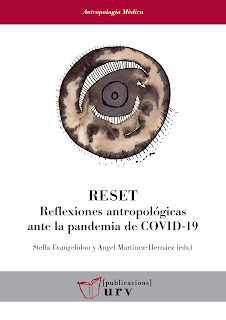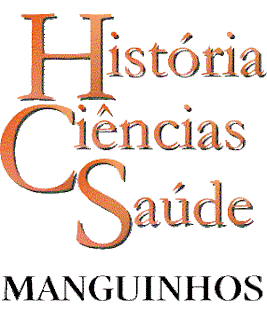Presentación virtual de "Ilustraciones de la locura", último volumen editado de la Colección de Historia de la AEN
Fecha: Miércoles 21 de octubre de 2020 a las 18 horas Acceso a través del enlace: https://eu.bbcollab.com/guest/ 69e1bcfff59e4c259e76981f24e1ba ba Coordina: Enric Novella (IILP-UV). El próximo miércoles 21 de octubre de 2020 a las 18 h. se presentará virtualmente el libro de John Haslam "Ilustraciones de la locura”, último volumen publicado de la Colección de Libros de Historia de la Asociación Española de Neuropsiquiatría ( AEN). El libro ha sido editado por Enric Novella (profesor de Historia de la Ciencia de la Universitat de València e investigador del Instituto Interuniversitario López Piñero) y traducido por Rebeca García Nieto (Doctora en Psicología y escritora). El acto contará con la intervención de ambos y la de Álvaro Múzquiz (Psiquiatra y Director de Publicaciones de la AEN-Profesionales de Salud Mental). Muchas razones hacen de las Ilustraciones de la locura un documento excepcional. Una de las primeras monografías consagradas al estudio de un caso ...


